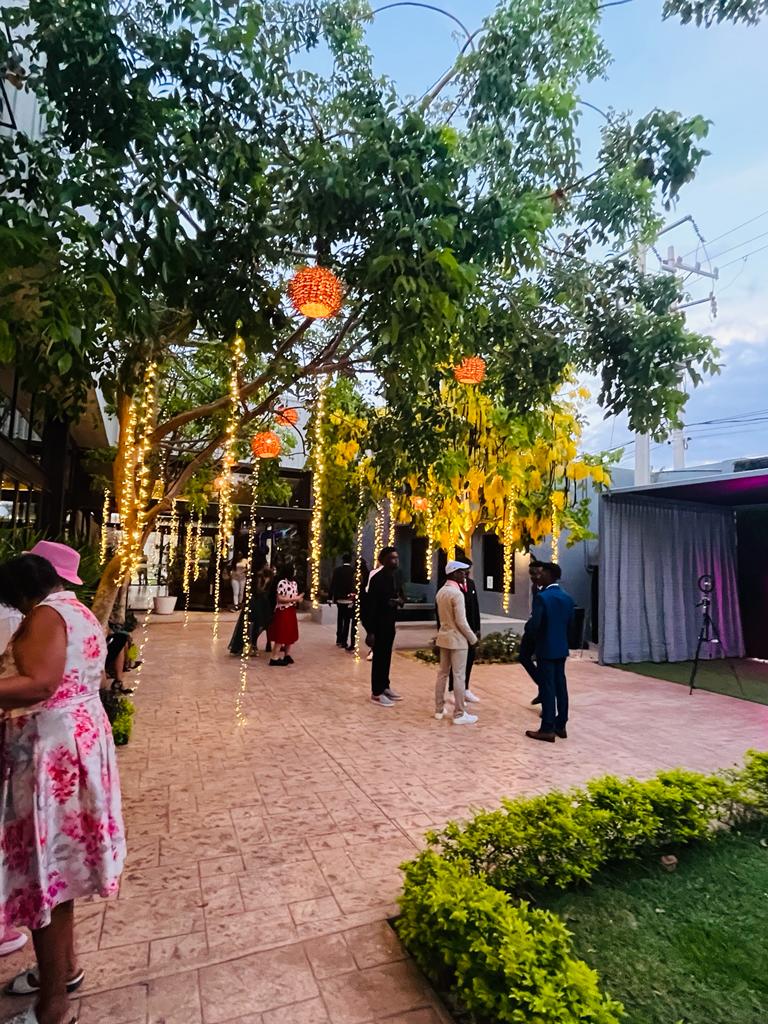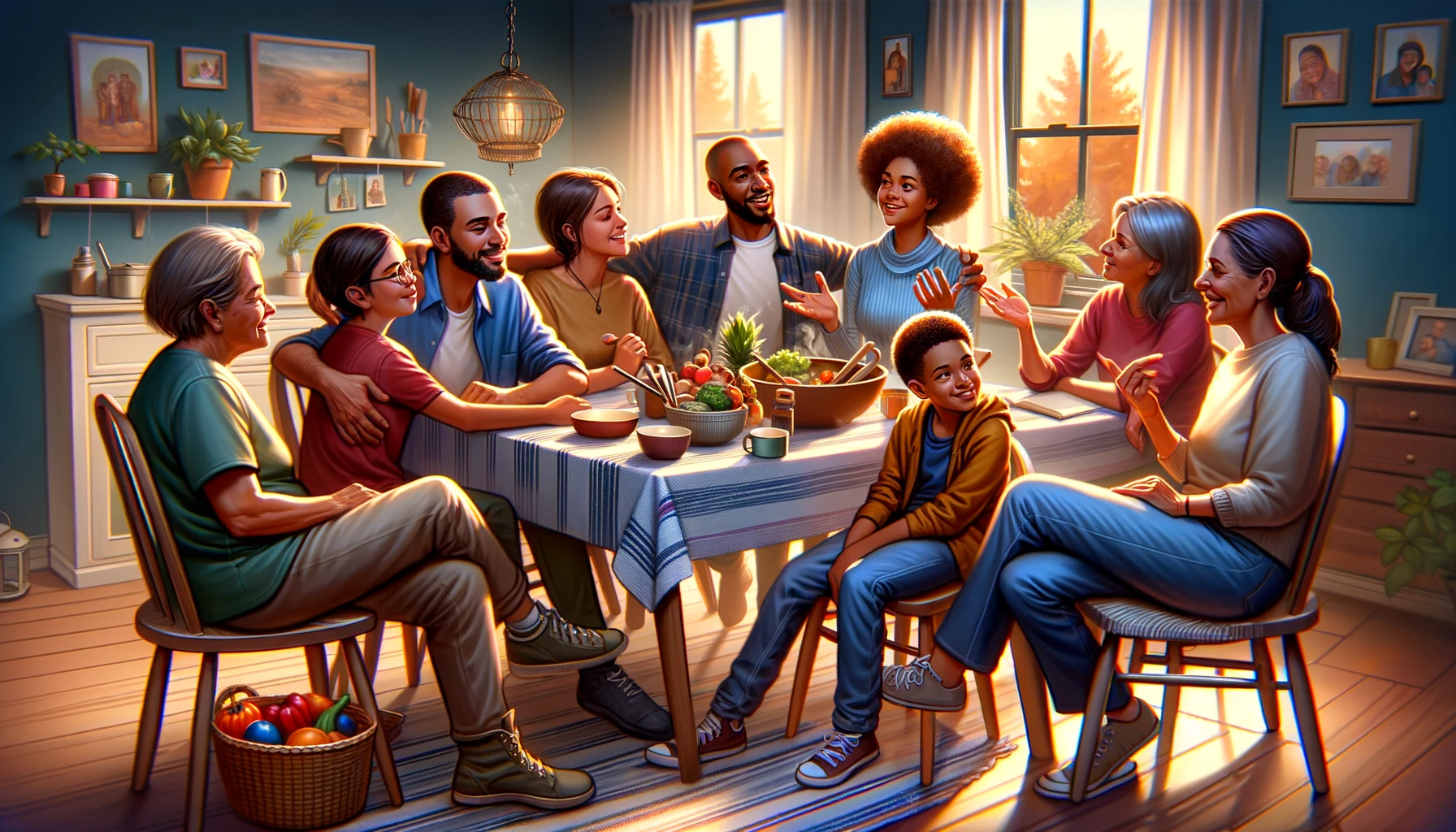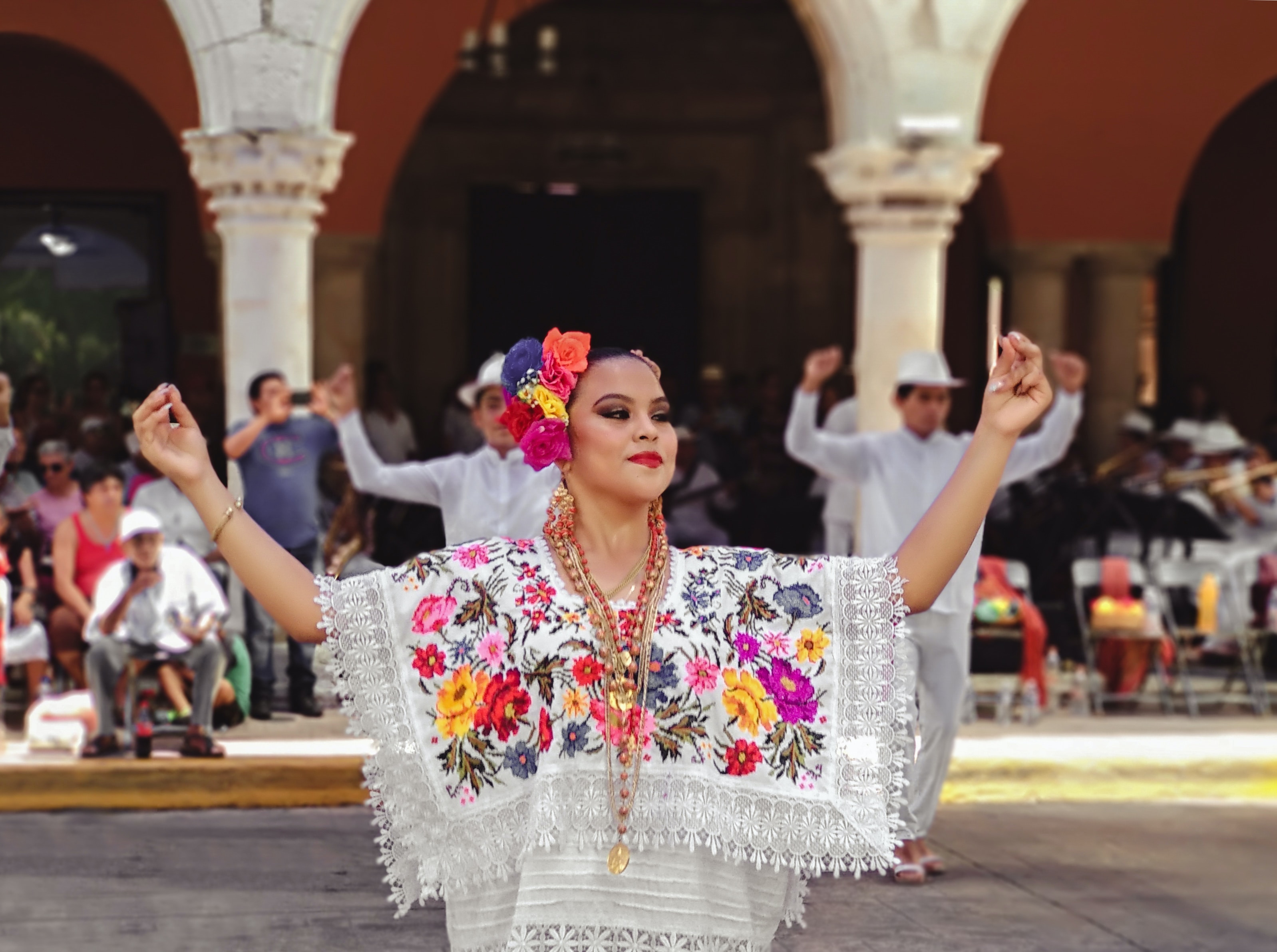Can We Do This? A Founder's Questions About Building Real Community
In 2022, my son told me his life felt like a loop. Same thing every day. Online friends, but no real social life. Nothing to look forward to. Just the endless repetition of pandemic isolation that hadn't really ended even though the world was "open" again.
As a mother, that conversation gutted me. I sat on my terrace that night asking myself: What can I do to make a difference? How can I help him have a better experience?
I thought back to my own childhood. Moving from military base to base, never staying anywhere long enough to feel permanently rooted. One of the things that saved me was MWR programming. The bases I lived on had teen centers that included classes, activities, and sometimes a "club" where we got to dance, play pool, and just be teenagers together.
Dancing to Kool Moe Dee's "Wild Wild West." Beach trips. Learning how to play volleyball. The belonging I found in those spaces, the friendships that made each new place feel like home.
My son needed that. And I was pretty sure other kids did too.
Building Something From Nothing
At the time, I was already running a WhatsApp group for Teen/Tween Boys. I reached out to my friend, who was co-admin with me, with an idea: What if we created something more formal? Something more intentional?
She was immediately on board and brought in three more passionate women. Together, the five of us brainstormed. We expanded to include girls, too. We drafted a Code of Conduct. Established rules and processes. Scheduled recurring events. I purchased a domain name. Another admin hired her son to build us a quick website.
In August 2022, Mérida Teens Club was born.
We didn't have funding or fancy resources. We had love for our kids and a commitment to creating space for them to connect, belong, and create great memories.
What We've Become
Three years later, MTC has grown into something more diverse and complex than I imagined.
We're Mexican nationals and immigrants from the United States, Canada, South Africa, France, and beyond, building community in Mexico. Our teens are a spectrum of skin colors, various schooling backgrounds, a mix of religions, gay, straight, neurodiverse, etc. etc. etc. We are from liberal families and conservative ones, wealthy, middle-class, and all points in between with different lifestyles and approaches to parenting.
While our diversity is a beautiful thing, it can also be the source of friction.
Over these three years, parent involvement has increased. Teens have stepped up to help plan and execute events. One of the goals we set was to get community members more involved. It’s been awesome to have parents lead cooking classes, volunteer for meet-ups, and get to know each other outside of the parent chat.
This year, we started collecting dues to sustain the work.I battled with that decision for years. At one point, parents in the community started a fundraising group and discussed collecting dues and how much they should be. More times than I can count, my co-founder and I bore the burden of the costs. One year, she donated the amount for the Costume Party venue. We would also pull on our friends and the greater community for support.
Our current admin team landed on an amount that feels fair and affordable, and we have options available if any family is unable to pay dues. Still, we lost some members when we made that change. It saddens me, but I understand.
We've also faced criticism. Some don't like the dues decision and feel that community should be free. Some question our leadership approach, wanting more democratic input on every decision. Some want more control over how things run, from which events we host to who gets to participate. That's their right.
But here's what has never changed: our mission is to serve the teens.
We poll them to understand what activities and experiences they want. We ask for their input and feedback. Our admin team, currently three people, shows up week after week because we have love for these kids and we care about who they become. We remind them that they help create the atmosphere of the Merida Teens Club.
Growing Pains
Three years in, teens who were once playing with Nerf guns are now making decisions about alcohol, sexuality, and what to do after high school. With friendships and socializing comes challenges and conflicts, the kind that are inevitable when you're navigating identity, values, and belonging during some of the most formative years of your life.
This evolution is natural. It's also complicated. The stakes feel higher now because the relationships are deeper, the issues more charged, the differences more apparent.
The Breaking Point
This week was one of the hardest since I founded this community. But this week brought something different. Not growing pains. Something that threatened the foundation itself.
I had my resignation typed up and ready to hit send. Not because of the workload or the criticism. I can handle those. But because I questioned whether we could actually hold space for real difference without devolving into exactly what we're trying to transcend.
I sat watching message after message pile up, feeling the community we've built teetering on something ugly.
In the three years I've been doing this, we've had four families removed from the community. Three of those four times were because of actions by the parents, not the teens.
Some recent incidents have been like nothing we've experienced in MTC before. A parent concerned about their child's safety because another parent wore a Trump shirt to a teen meet-up. Some teens organizing a campaign to remove peers based on their political beliefs (without reporting anything to the admin team). Black kids being asked by others if they can say the N-word and some teens experiencing microaggressions.
Unfortunately, this is what proximity looks like. When you actually bring different people together, not just for a photo op but for real relationship, this is the work. The uncomfortable questions. The boundary testing. The moments when difference isn't theoretical anymore.
Can we build authentic community with all the messiness and complexity that comes with dealing with teenagers and people from different backgrounds? Not performative diversity where we post the right things and show up to the right events.
Is that even possible? Or are we naive to think we can bridge these divides in this political climate?
If we can't figure this out, if a small teen club in Mérida can't bridge these divides, what hope do we have for our neighborhoods, our cities, our countries? If we retreat to our corners now, we're teaching our teens that difference is too dangerous to navigate. That belonging only exists among people exactly like us.
Why I'm Writing This
I don't have all the answers. But I think these questions are worth exploring together.
I'm writing this because I refuse to believe the only options are performative unity or complete separation. There has to be a third way, messier, harder, more honest. A way that allows people with fundamentally different worldviews to still choose each other. To still show up.
But that way requires examining some uncomfortable truths about what we bring to the community and what we're willing to do to preserve it.
Over the next few weeks, I'll be sharing my reflections on what it takes to build and sustain diverse community:
- The Power of Intention: What are we really bringing into shared spaces?
- The Power of Trust: Why leadership and structure matter in community
- Is Inclusion Possible in This Political Climate?: Where we draw the line between difference and harm
- Your Responsibility in Community: What we're each accountable for
These aren't easy conversations. They require us to examine our own incongruence, sit with discomfort, and be honest about what we're choosing when we choose community.
But if we don't have these conversations, we'll keep recreating the same loops, just different versions. And our teens deserve better than that.
Three Years In
I started this because my son was stuck in a loop. Today, he has friends. He has things to look forward to. He has community.
So do dozens of other teens.
But I'll be honest. Some days I wonder if protecting it means accepting compromises I'm not sure I can live with. Other days, I wonder if holding the line means losing people we care about. Most days, I just wonder if we're brave enough for what real community demands.
That's worth protecting. That's worth the hard conversations. That's worth asking: Can we do this?
I hope the answer is yes. But that depends on all of us being willing to do the work.
Next in the series: Part 2: The Power of Intention

.png?width=50&name=JLawal%20-%20Paris%20(1).png) By
By


